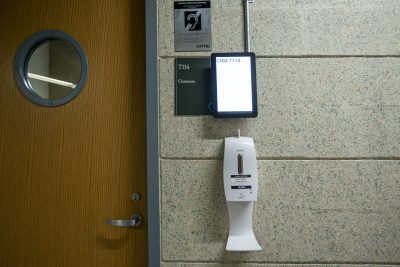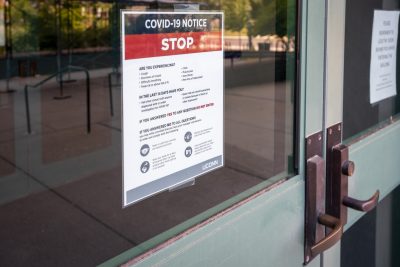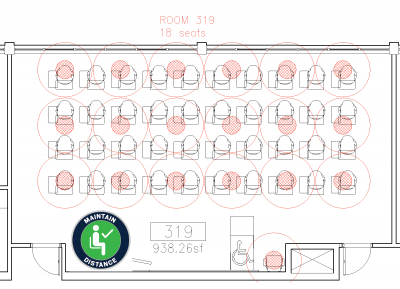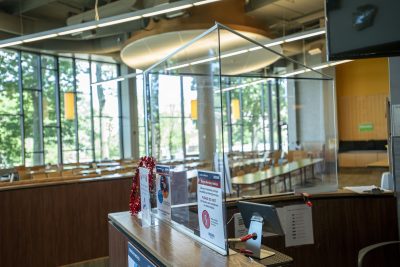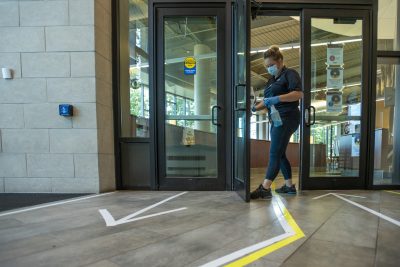Dear colleagues,
With a lot of hard work we are now through the first day of class. Much went right today but there were two issues that arose on several occasions that need to be addressed.
First, there were cases where students weren’t informed of how to access their online class. Please ensure you have posted your materials to HuskyCT and have by now shared with your students how to access course materials, especially for online and hybrid formats. If you have yet to do either, please do so as soon as possible. All instructors should have a clear HuskyCT syllabus with information on meeting times and places (in-person or virtual) as applicable. We also recommend sending an email to your students with this information to remind them of the expectations, as well as to make contact with them early on in their first week of this very different semester.
Second, there were cases where courses were delivered in ways that differed from the modality listed in PeopleSoft. As we have stressed throughout the summer, it is required that you teach your course in the exact modality listed. While we expect that these instances of teaching in a modality other than what was listed are limited, I need to underscore how critical it is for students that you teach in the modality listed in PeopleSoft. Now more than ever, our students need and expect transparency and predictability.
As a reminder, these are the expectations for the modalities:
- If you are teaching a course online (WW), all components of the course (including assessments) must be delivered remotely. You may not require any in-person attendance for these courses. Courses listed as online (WW) come with the expectation that they will be taught asynchronously (i.e. with no pre-assigned meeting times).
- Courses listed as Distance Learning (DL) come with the expectation of remote scheduled meeting times and remote assessments. You may not require any in-person attendance for these courses. If you choose to deliver some component of this course asynchronously and forgo a scheduled class meeting, it is incumbent upon you to let your students know in your syllabus, through HuskyCT announcements, email, or multiple channels.
- Courses listed as Hybrid/Blended or Split/platooning come with the expectation of some mandatory in-person instruction and/or assessments. Particularly in cases where you have split groups of students for instruction, it is imperative that you communicate early and clearly with students your expectations for when they should be in attendance.
- If you are teaching in person, the course should be delivered on campus in the classroom assigned. Our classrooms have been arranged to promote social distancing for a variety of enrollment sizes. You may make accommodations for students to continue their studies remotely as needed in the event of quarantine or other situations; however, this accommodation should not become the default/normal delivery for the course.
I know this has been a challenging task. I appreciate all that you have done and will continue to do to provide an educational experience grounded in rigor and consistency for our students. If you need further assistance, you should reach out to your department head, dean, CETL, or the Provost’s Office depending on the nature of your needs and we will be happy to work with you.
Sincerely,
Carl
Carl Lejuez
Provost and Executive Vice President for Academic Affairs
